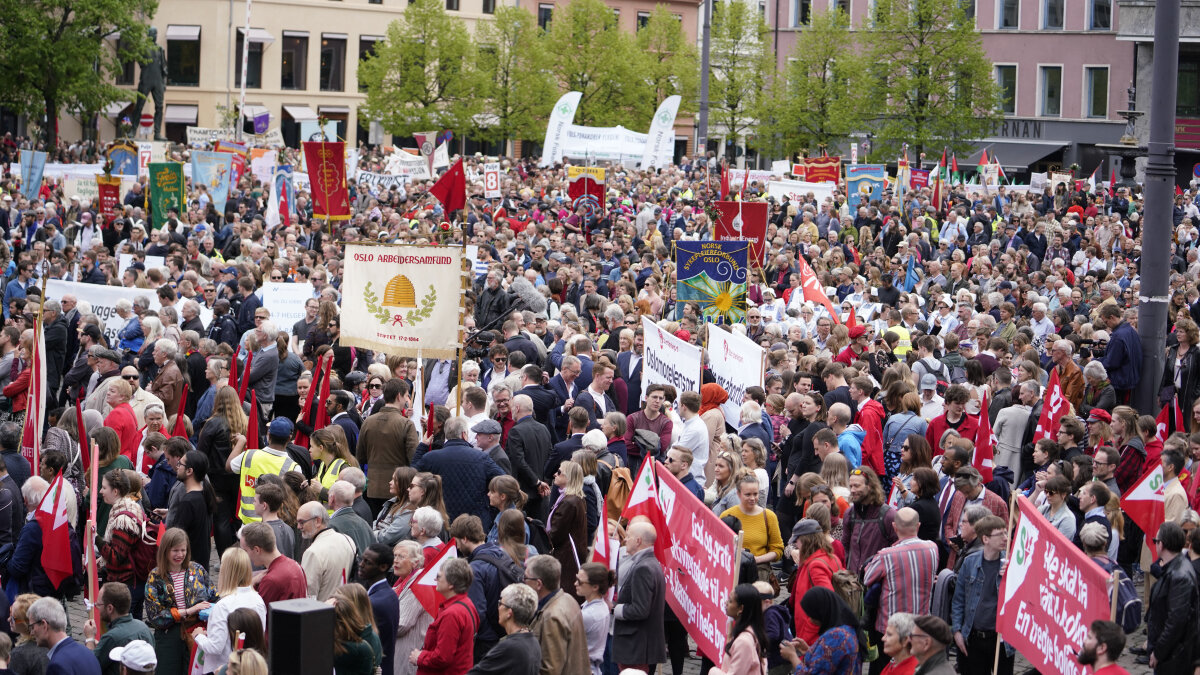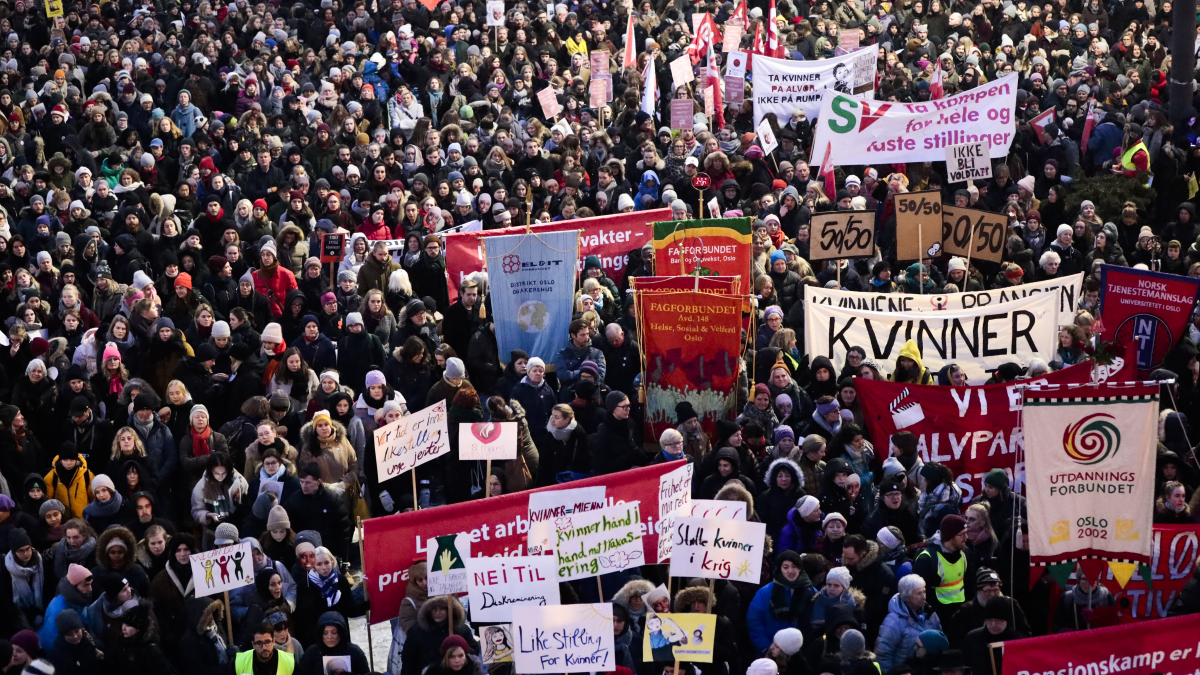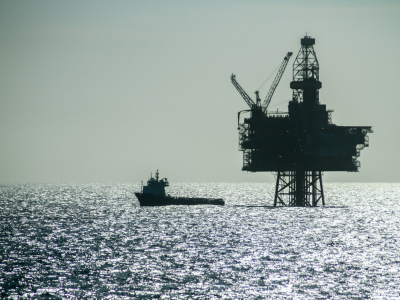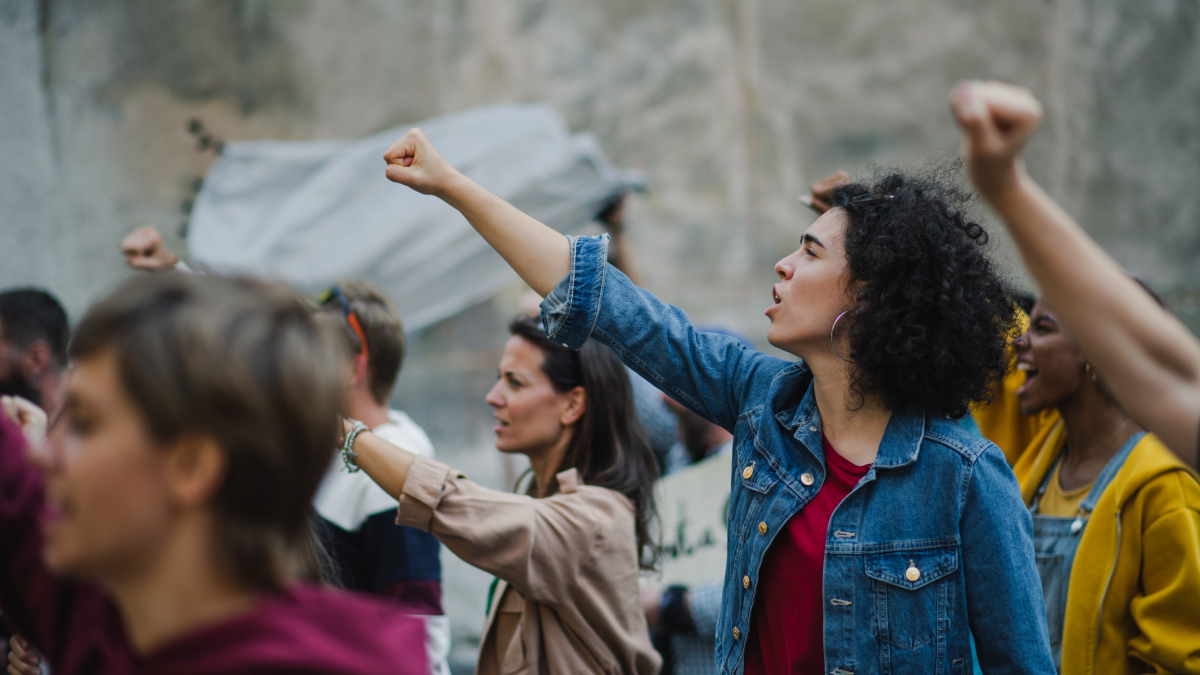Present-day Norway

Present-day Norway

Today, Norway is a modern, multicultural country. It has a high standard of living, and society is dominated by modern technology. Norway also participates in international collaborations that influence Norwegian policy, including the UN, NATO and the EEA.
If we were to ask a random person about the values that are important in Norwegian society today, they would probably reply that some of the most important values are equality and the freedom to decide over their own lives.
As in most other countries and societies, there are many laws in Norway. The laws are to a great extent based on the principle of equality between people, and give people many rights. We will look at a couple of factors below that have helped shape Norway into the society we know today. Large political movements have been instrumental in the development of modern day Norway. The labour movement and the women's movement have been particularly important.
The labour movement

The roots of the Norwegian labour movement date back to the 17th century, but it became more organised with the growing number of jobs in industry from the 1880s onwards. The movement gained greater influence from the early 1900s. The labour movement’s efforts have resulted in better working conditions, including shorter working hours, improved safety in the workplace, health insurance and the right to financial support for unemployed people. Today, around half of all employees are members of a trade union.
The women’s movement
The women’s movement has fought for women’s rights in society and for equal opportunities for men and women. The women’s movement was active in Norway from the 1880s, and women in Norway gained the right to vote as early as in 1913.
The struggle for women’s rights again gathered pace in the 1970s. The Act relating to the Termination of Pregnancy (the Abortion Act) was adopted in 1976. Among other things, the law gave women the right to choose abortion. In 2025, a new abortion law gives women the right to have an abortion before the 19th week of pregnancy. The right to divorce, birth control, elective abortion and women's right to decide over their own bodies have been important issues for the women's movement.

Today, men and women have the same rights to education and work, property and inheritance, healthcare and good health. A person’s gender no longer defines what rights and opportunities he or she has. Some would nonetheless say that we have some way to go before full equality is achieved in certain areas.
Oil

In the 1960s, several companies wanted to search for oil and gas off the coast of Norway. The first oil was found in the North Sea in 1967, and Norway has since developed into an oil nation. The oil industry has been very important to the Norwegian economy. As with hydroelectric power 50 years before, the oil resources remained public property. Private companies could buy rights to oil exploration, drilling and production in defined areas for a limited time. Today, the oil industry is the subject of debate in Norwegian society. People disagree about the consequences of this industry for nature and the environment.
Talk together

- Prior to 1850, 15 per cent of the population lived in towns and cities. In around 1900, 35 per cent of the population lived in towns and cities, and today around 80 per cent of Norway’s population lives in towns and cities. Is there a similar trend in other countries you know of?
- Discuss positive and negative aspects of people moving from the countryside into cities.
- Talk together about the labour movement’s significance for the development of modern day Norway. Have there been similar developments in other countries you know of?
- Talk together about the significance of the women’s movement for the development of modern day Norway. Have there been similar developments in other countries you know of?
- Talk together about women’s rights in Norway and other places in the world before and now.
- Does the fact that Norway is not a member of the EU have any significance for the country?
- Discovering oil and gas in the North Sea at the end of the 1960s has made Norway a rich country. However, the right to free education, free or subsidised healthcare, shorter working hours, health insurance etc. came about before oil was discovered. Talk together about the values that form the basis for these provisions.

Select the right answer
How large a proportion of Norwegian workers are members of a trade union?
Select the right answer
When was oil discovered in the North Sea?
Select the right answer
What did the Abortion Act of 2025 give women the right to do?
Select right or wrong
Read the statements. What is right? What is wrong?
Select right or wrong
Read the statements. What is right? What is wrong?
